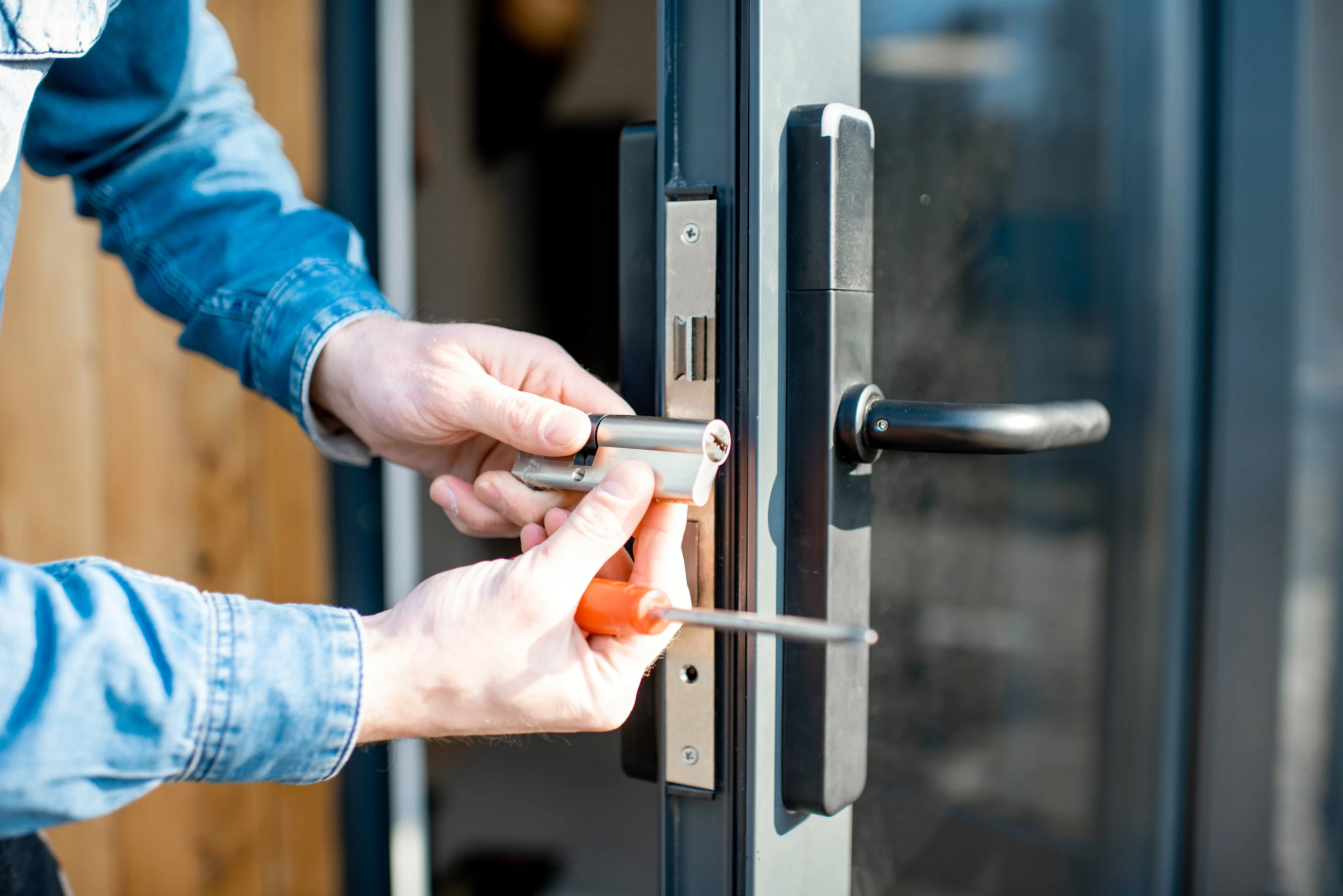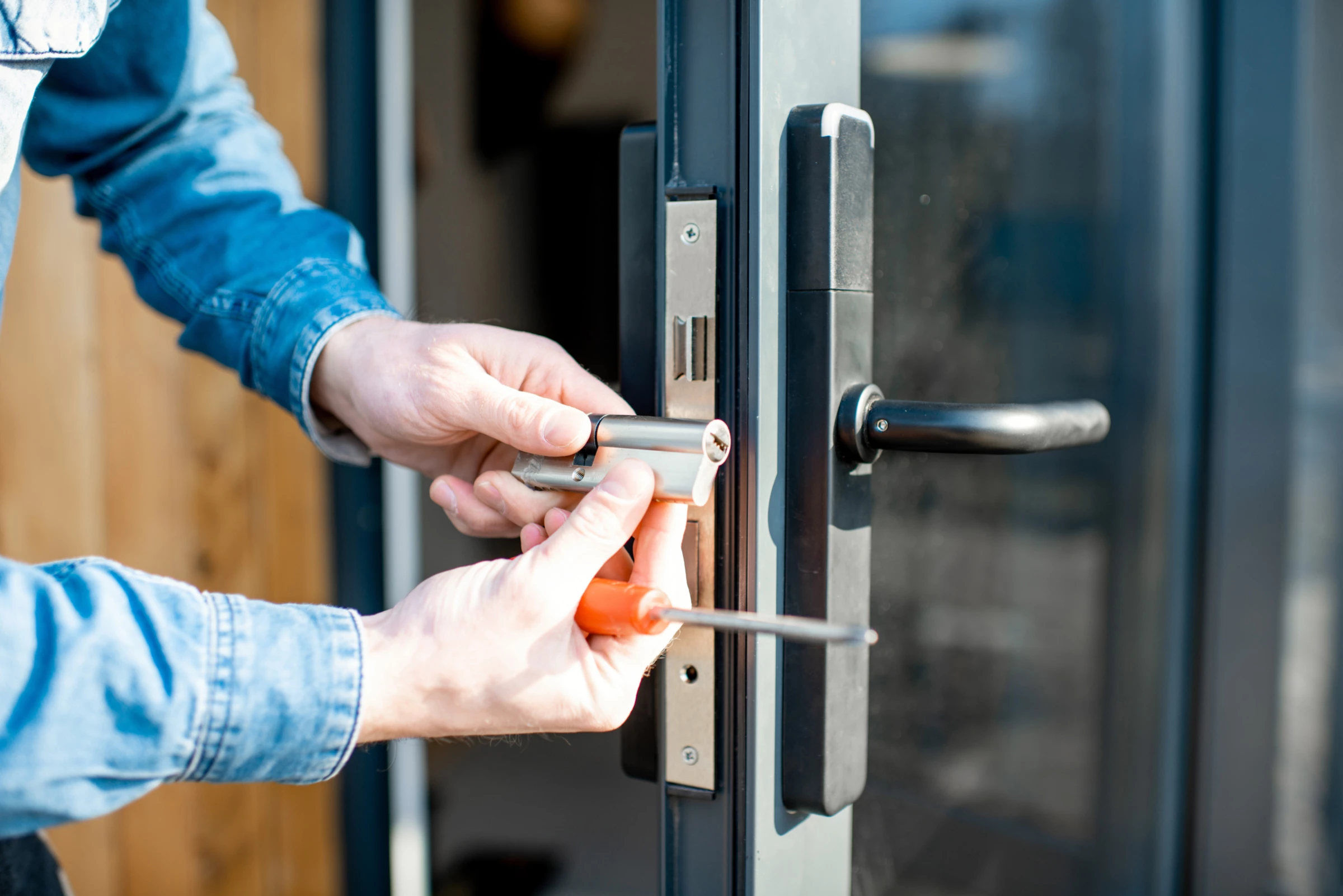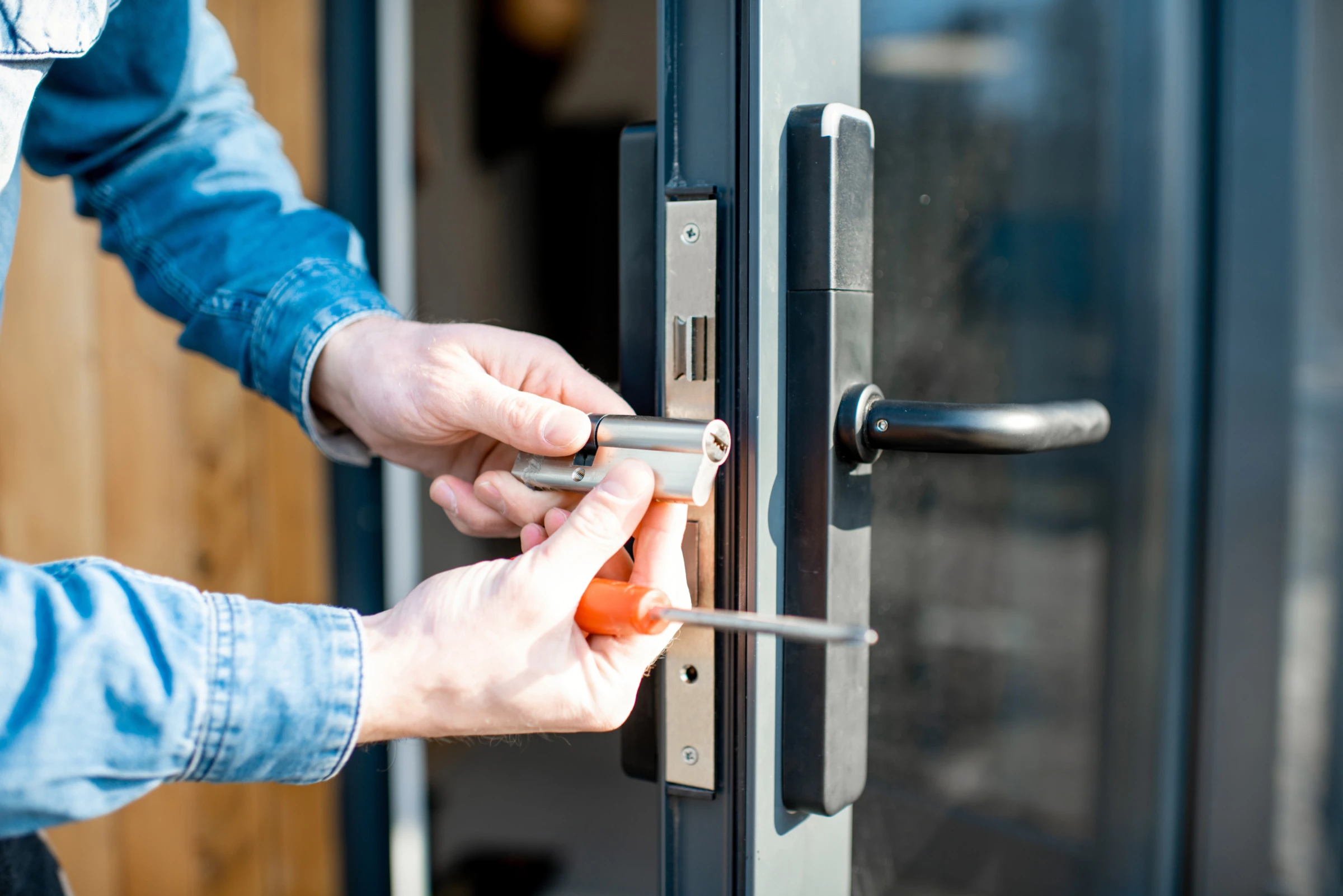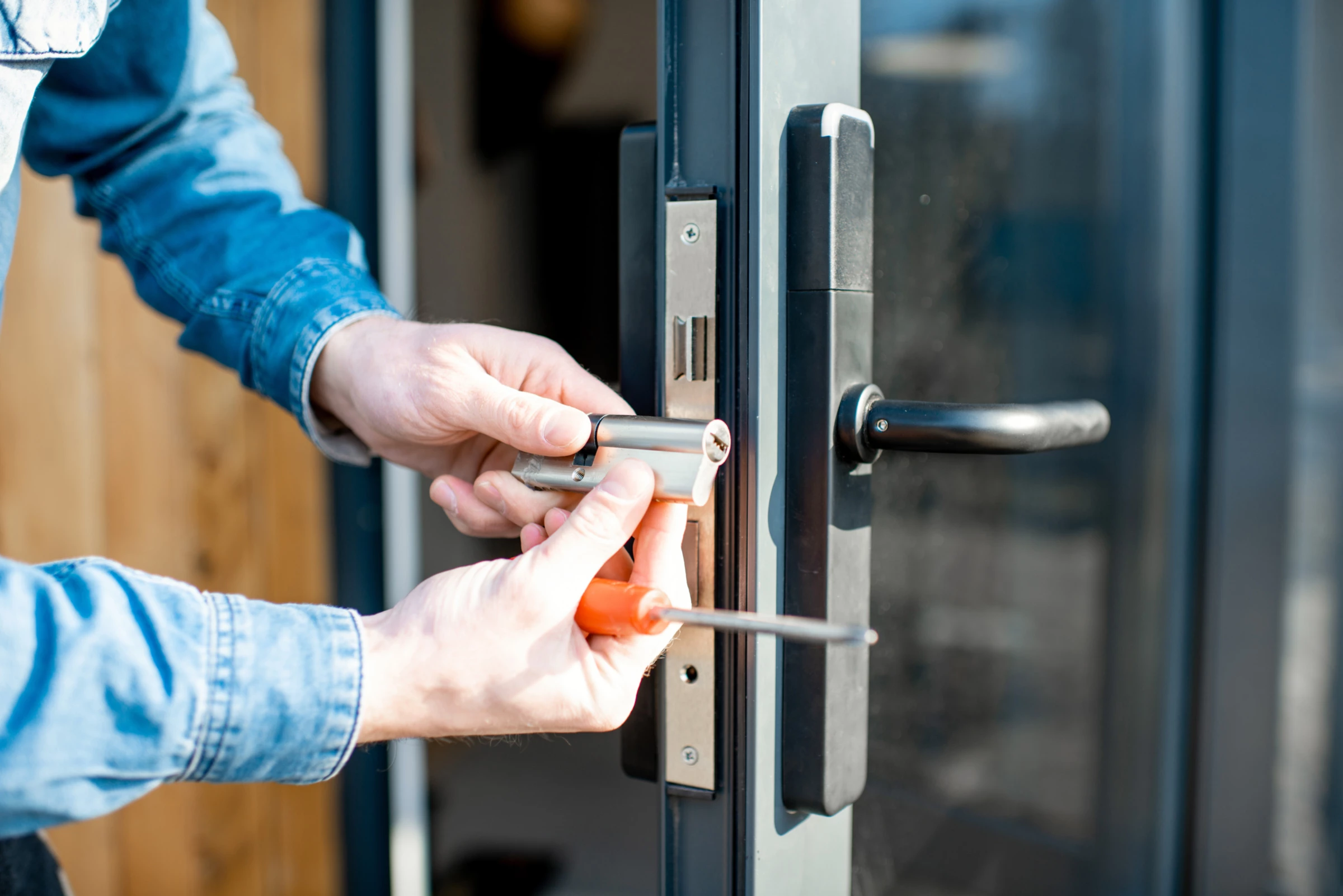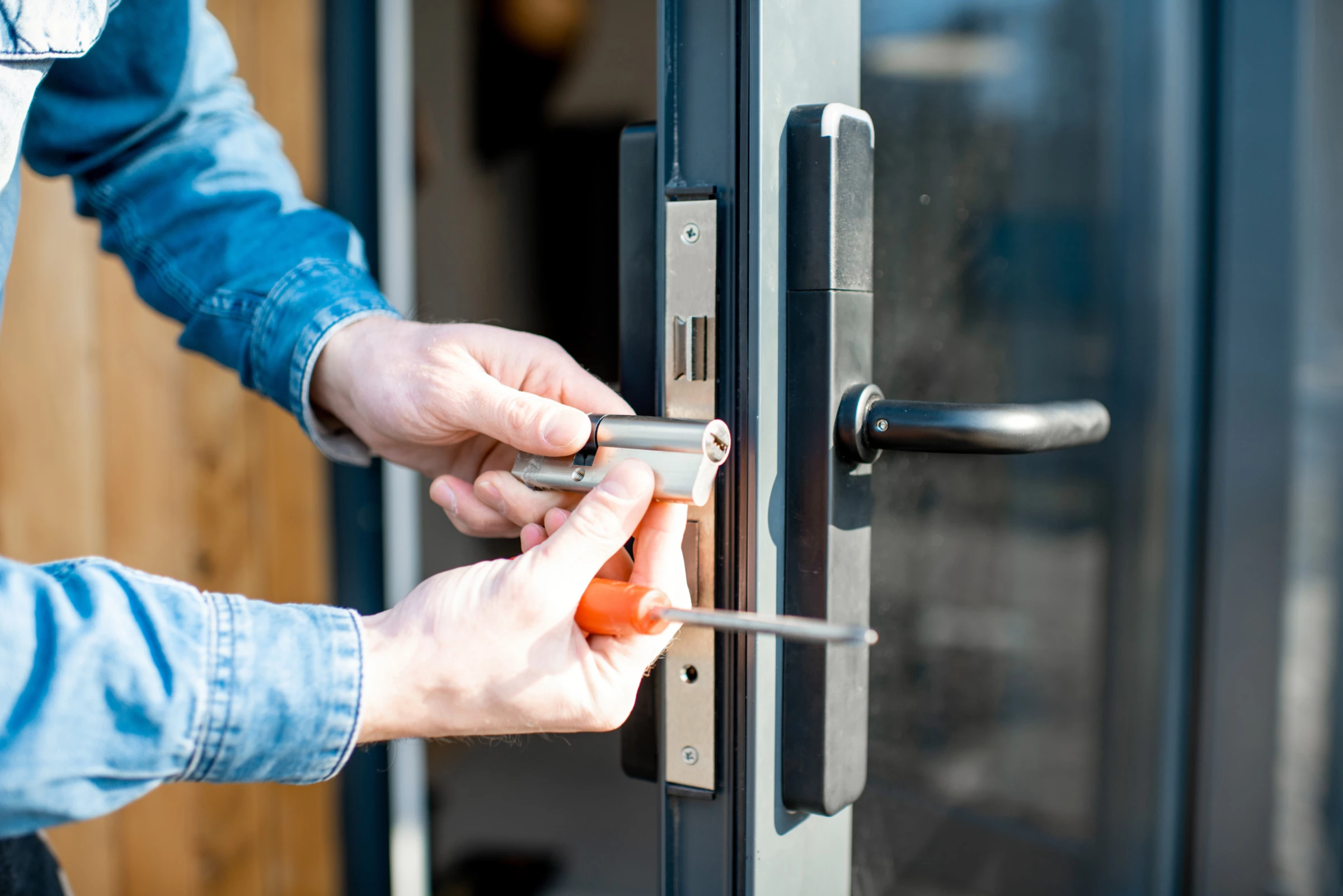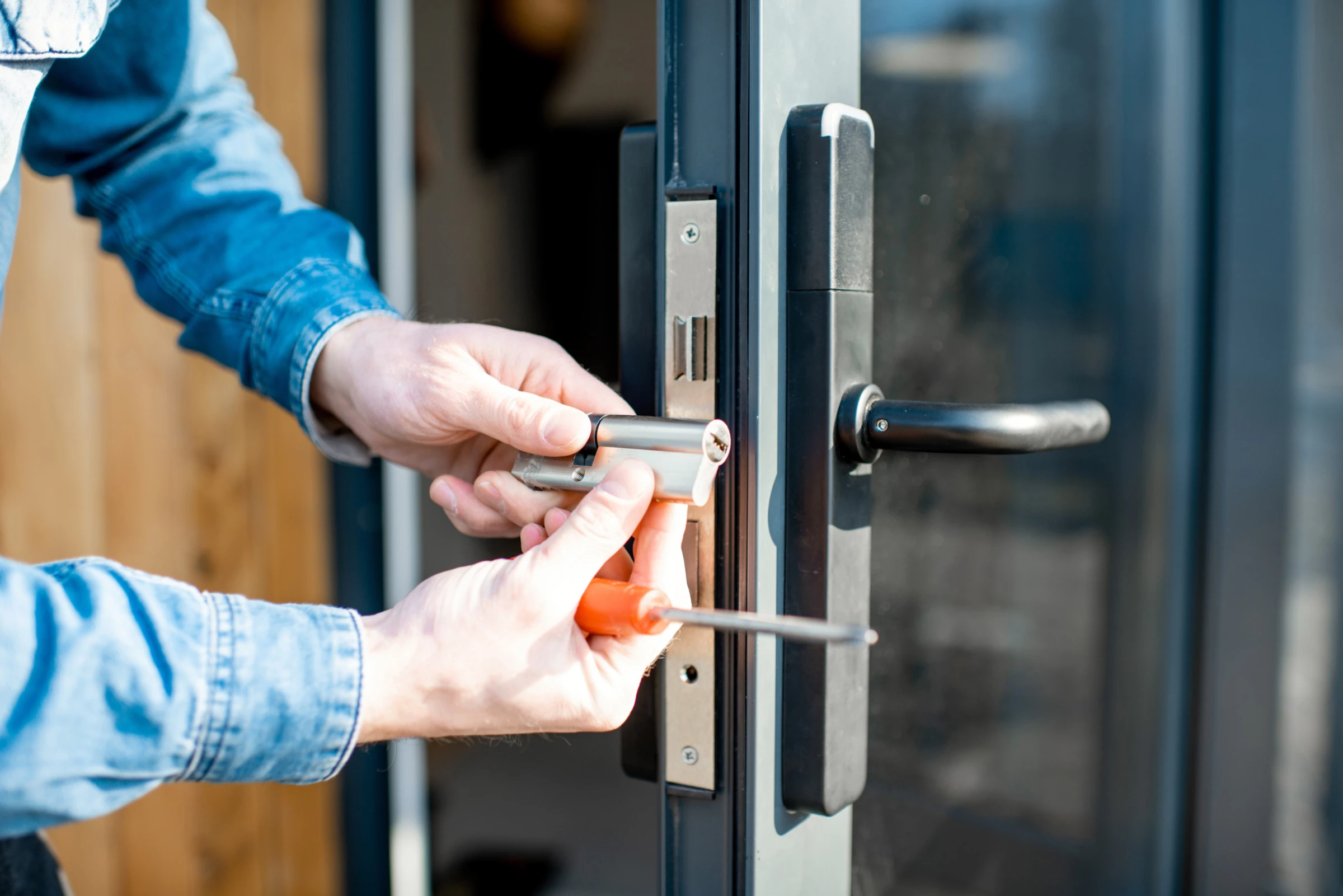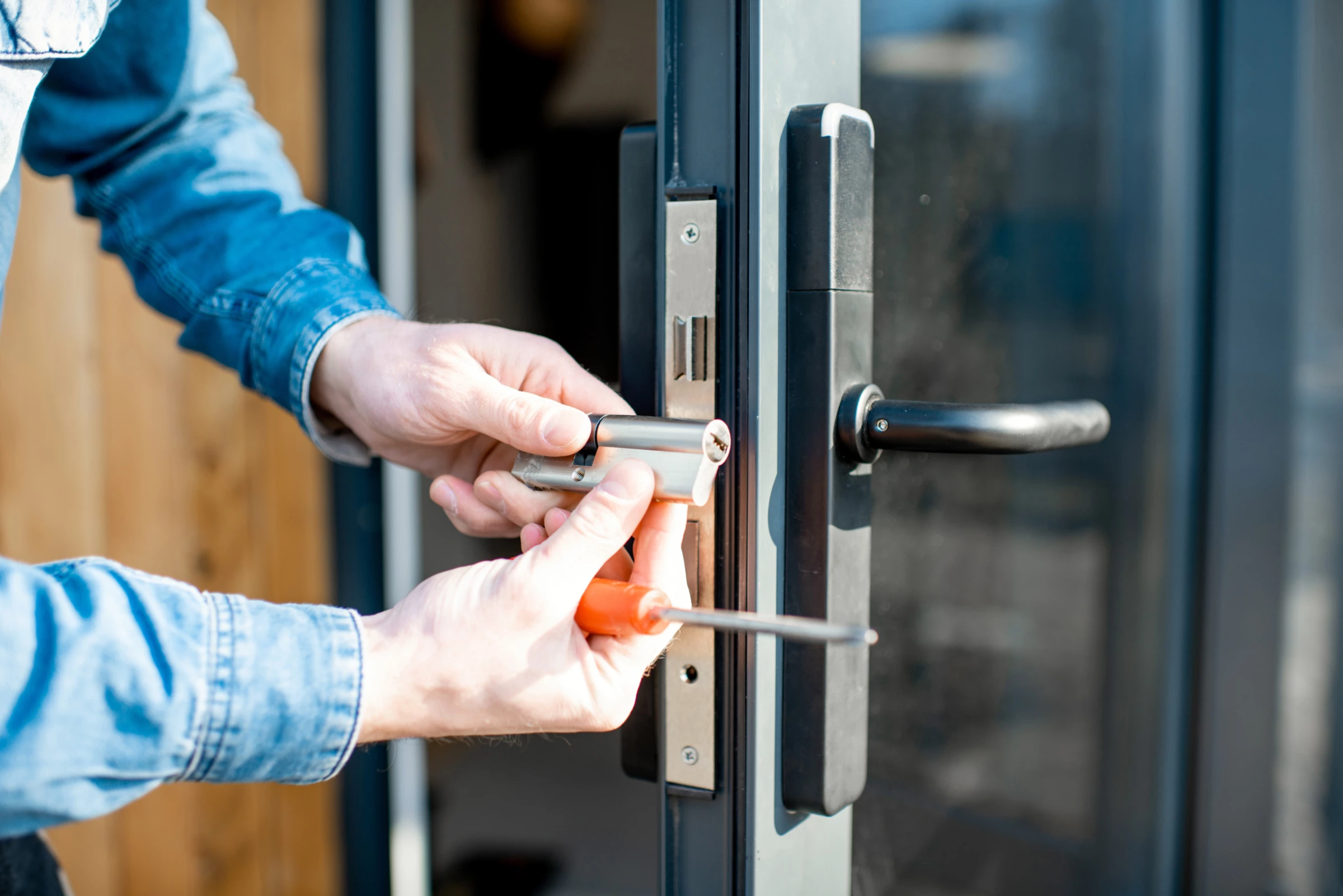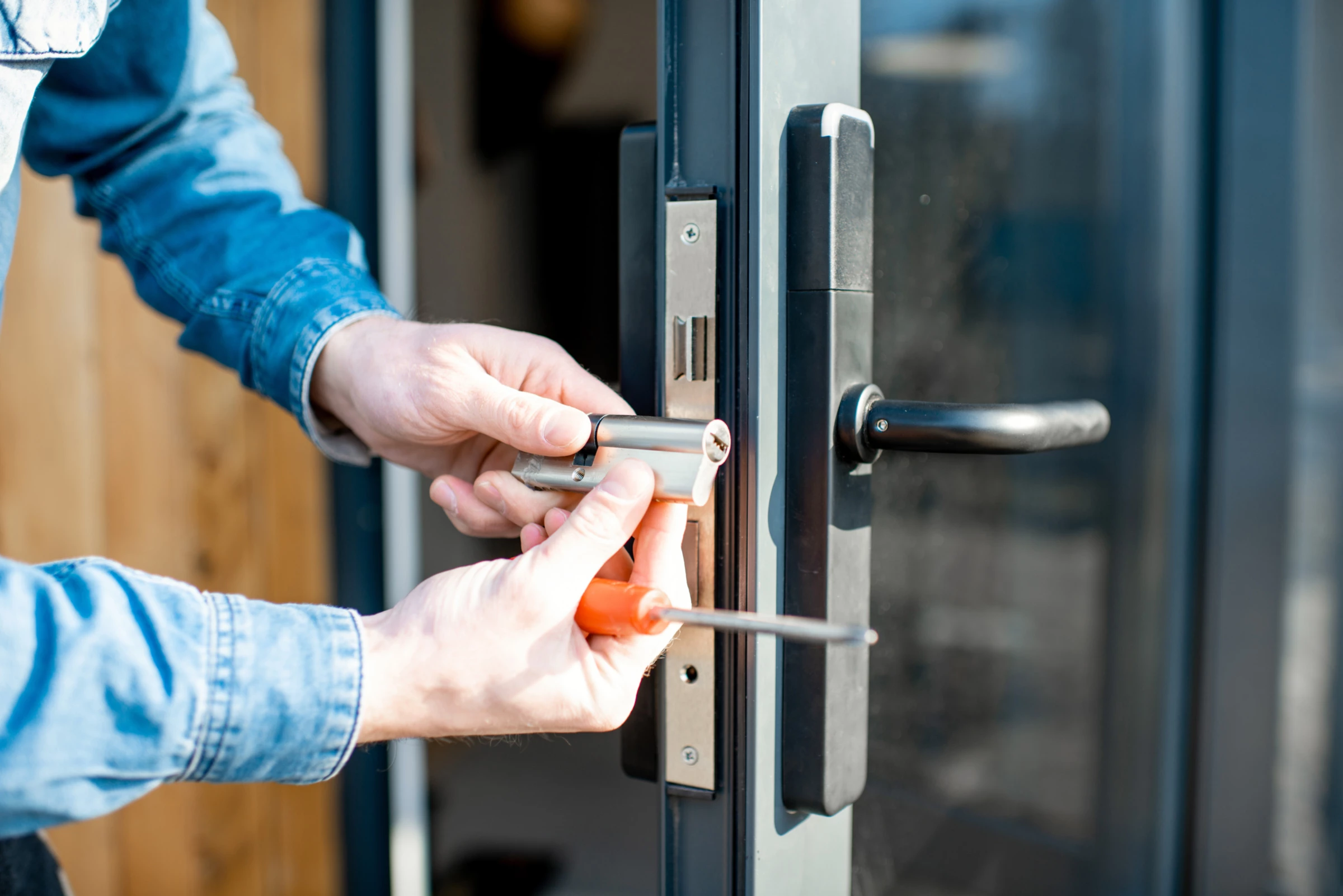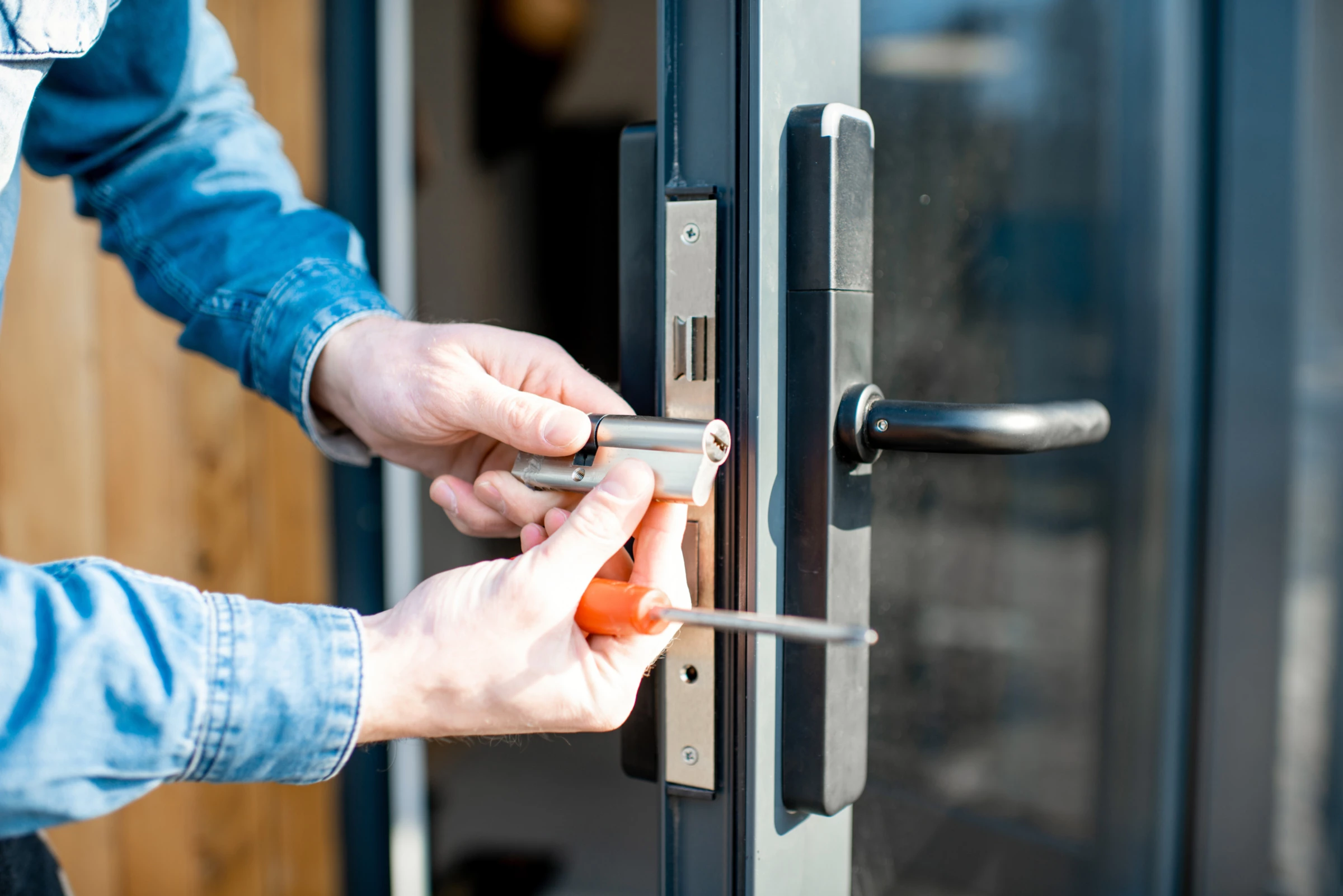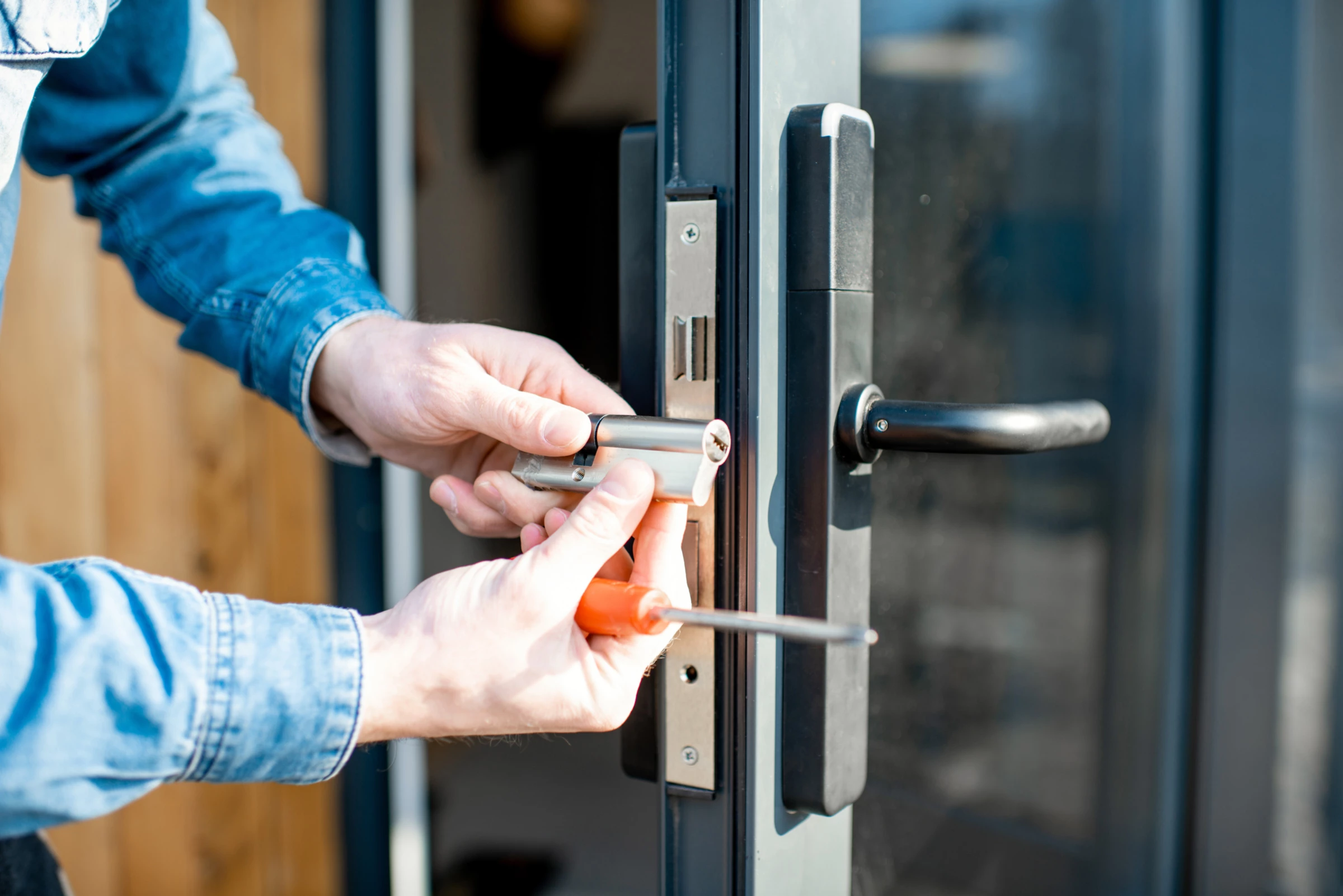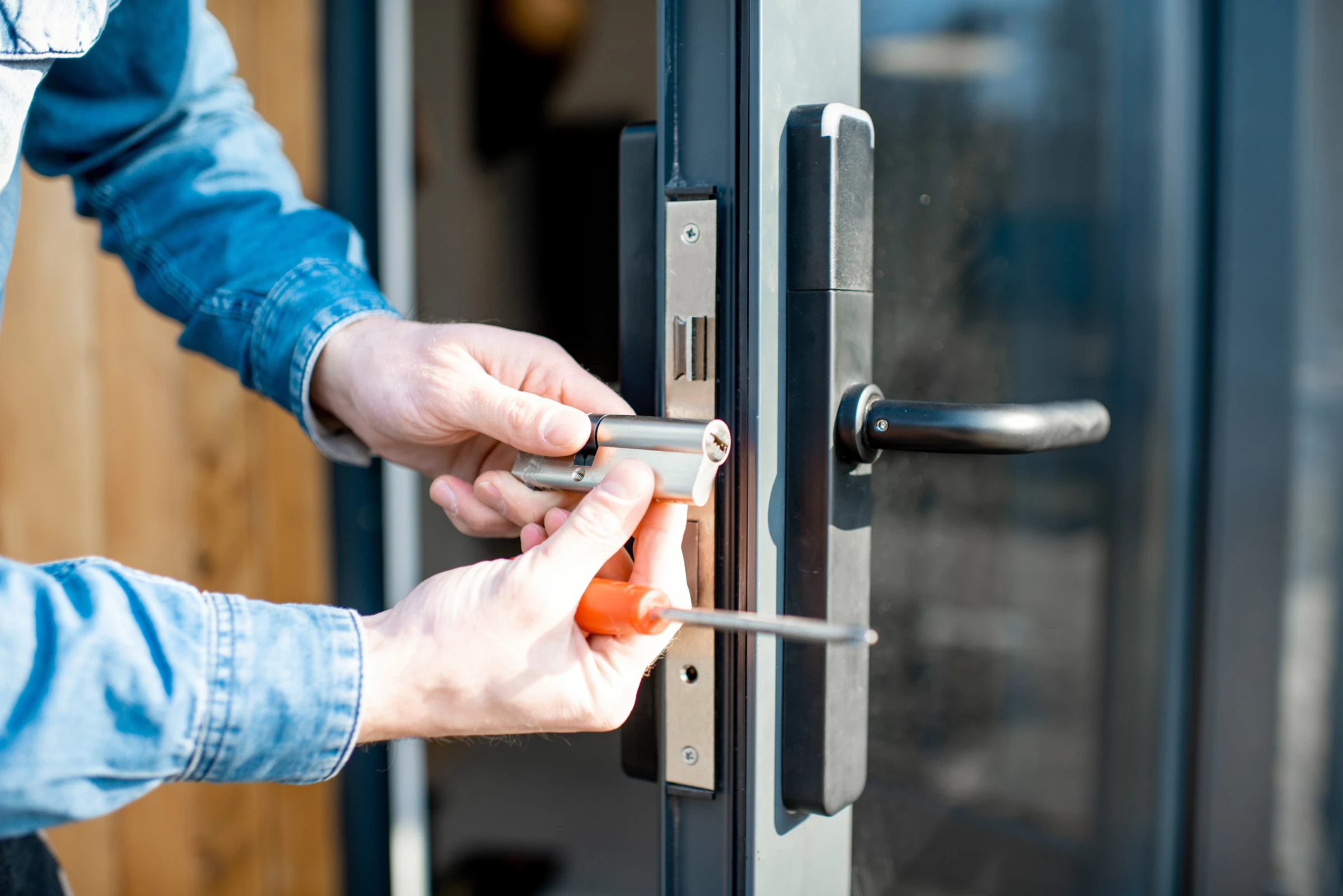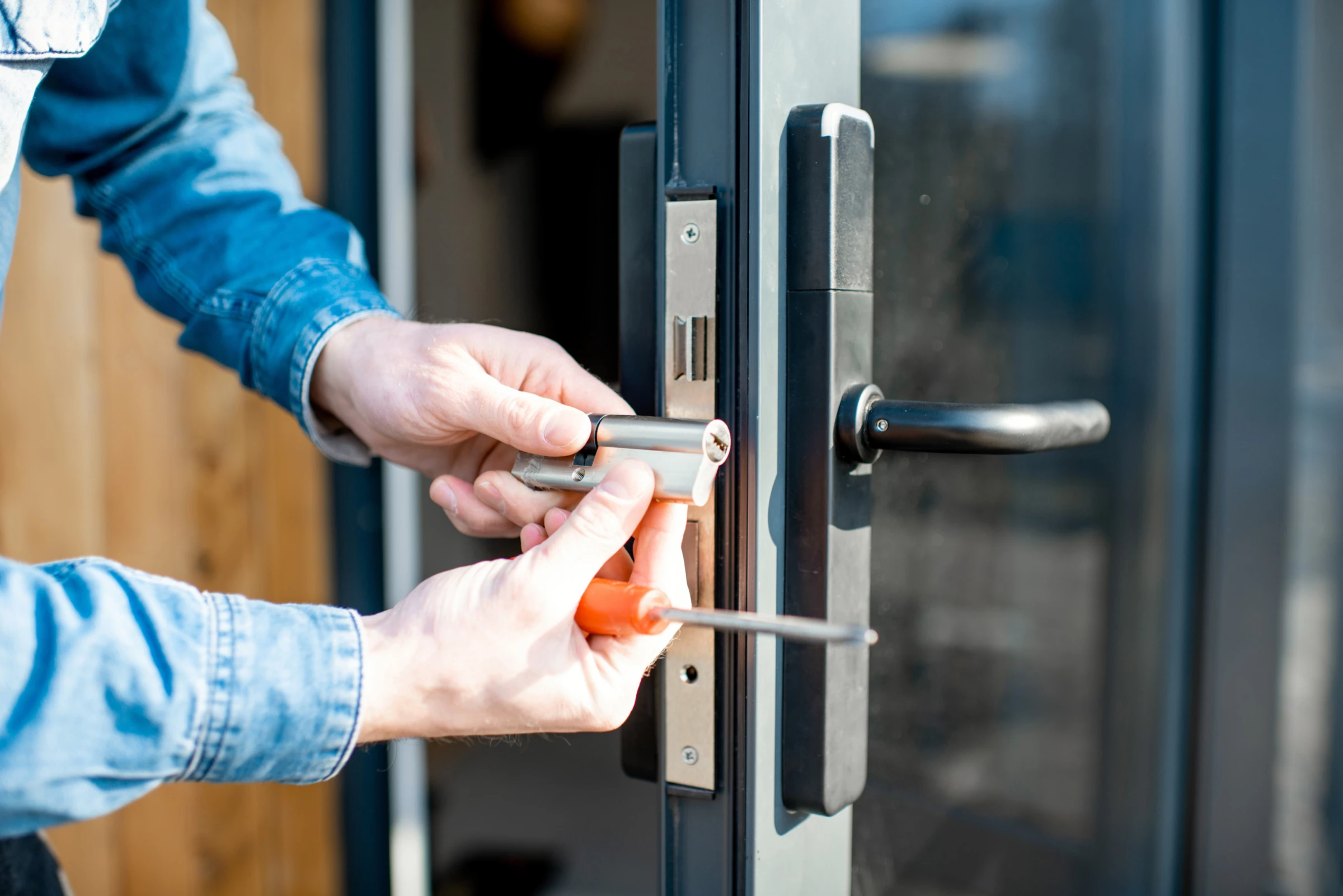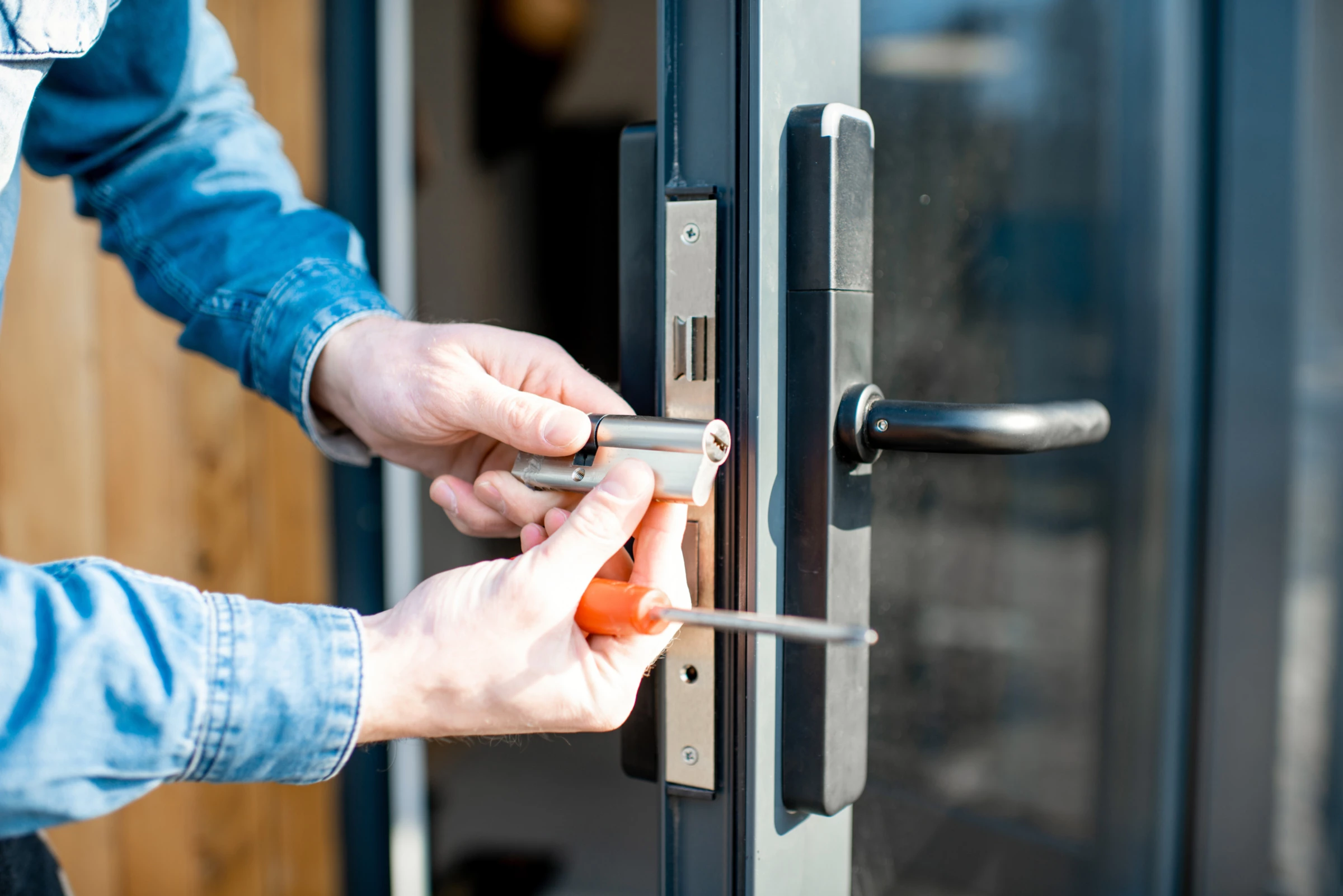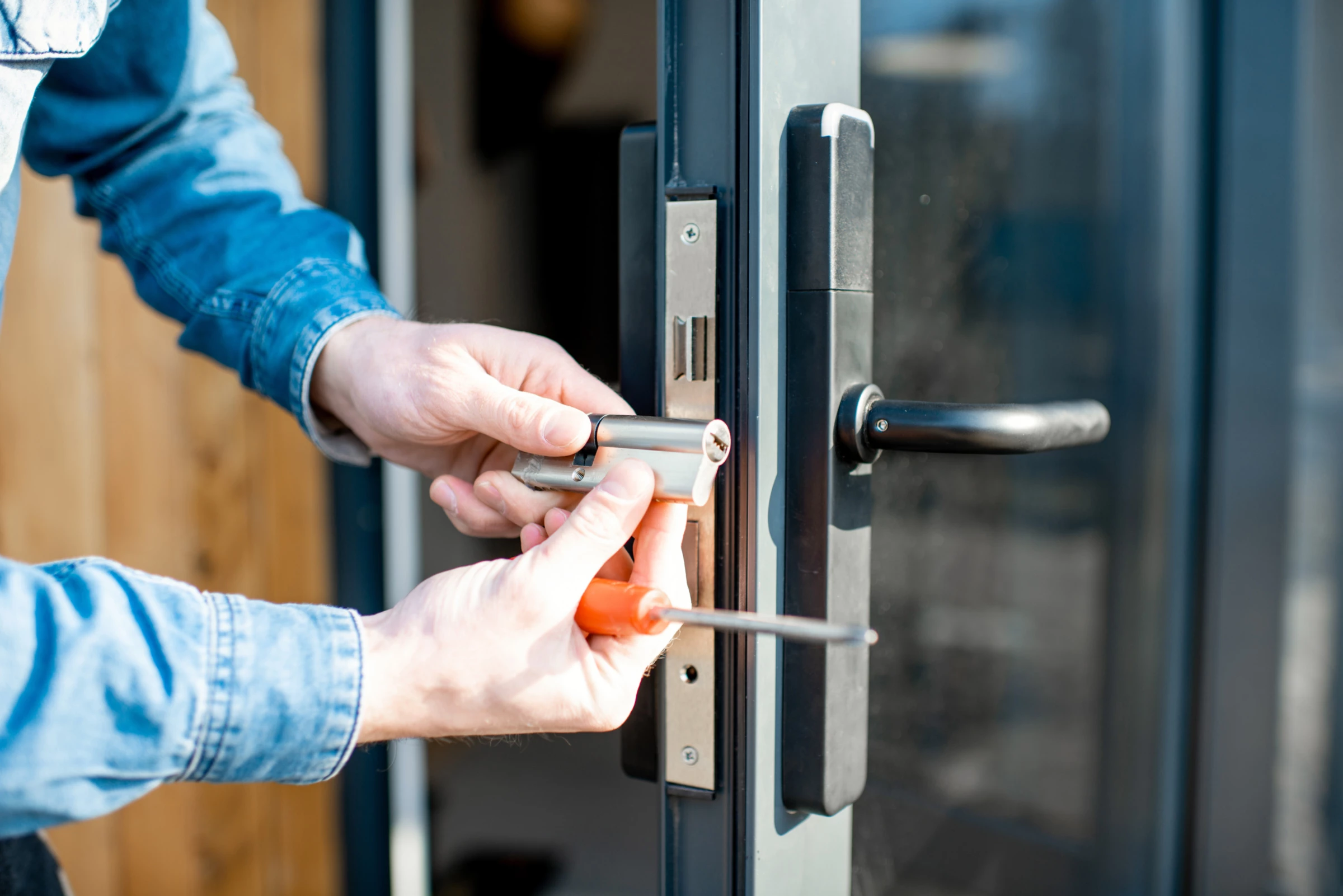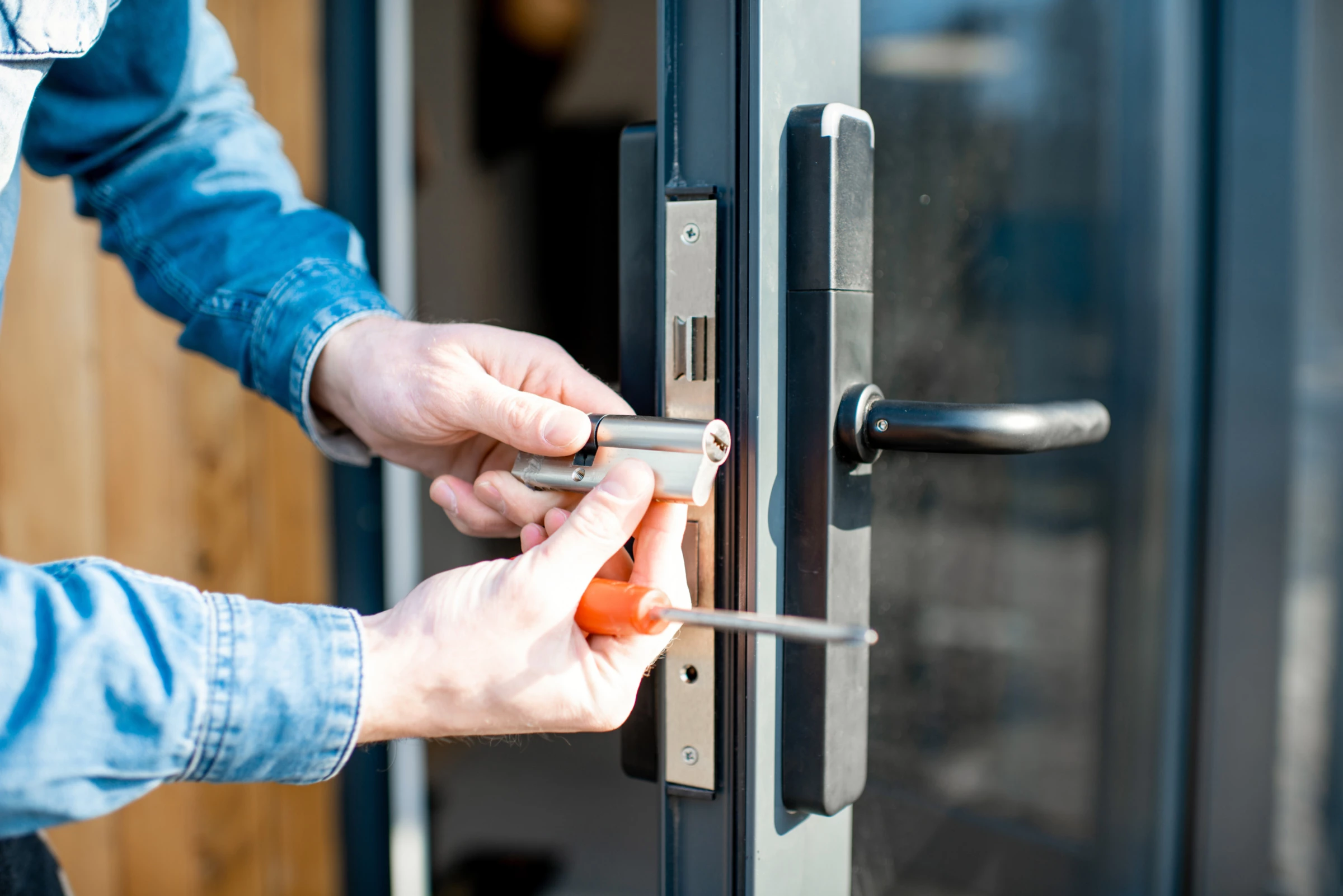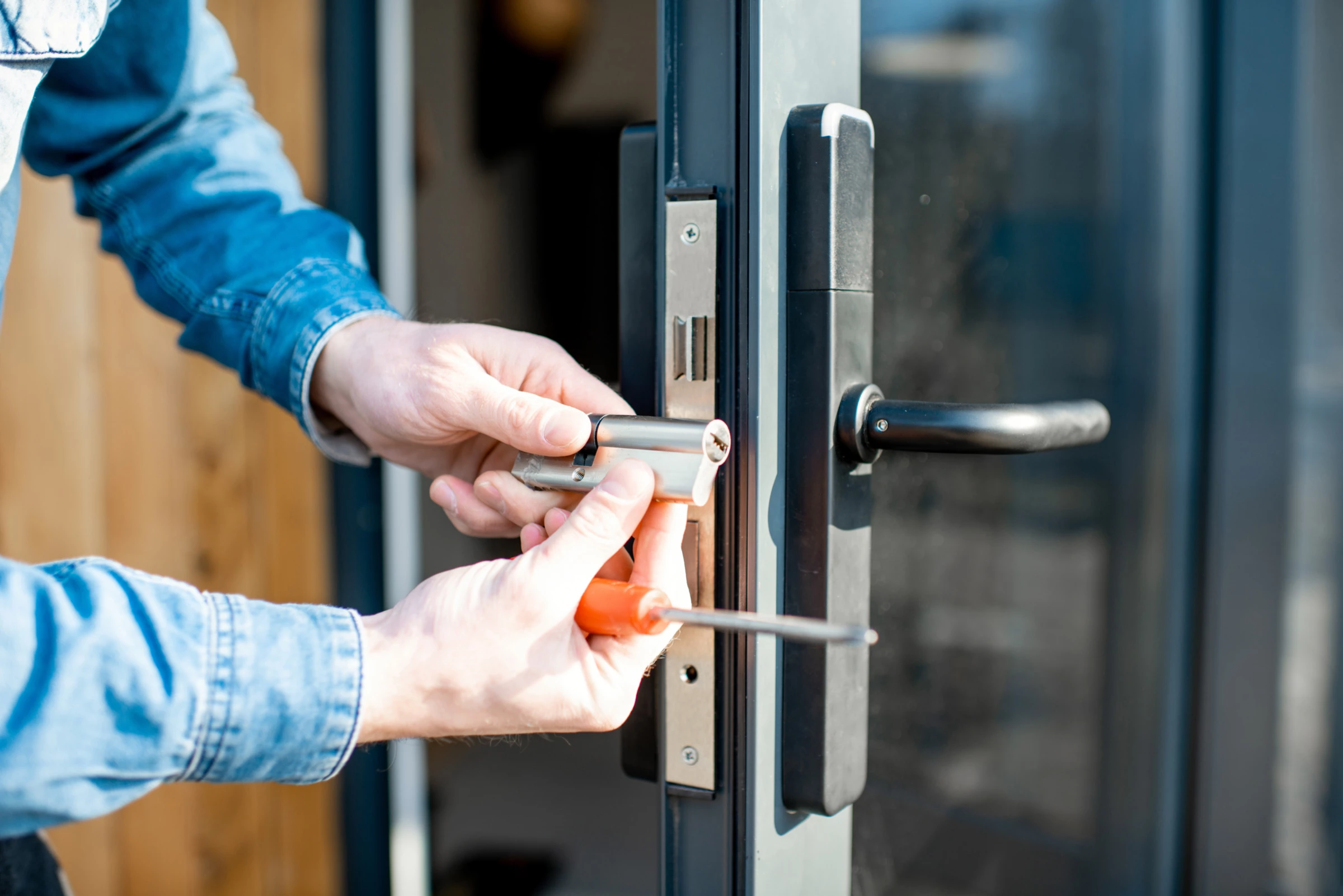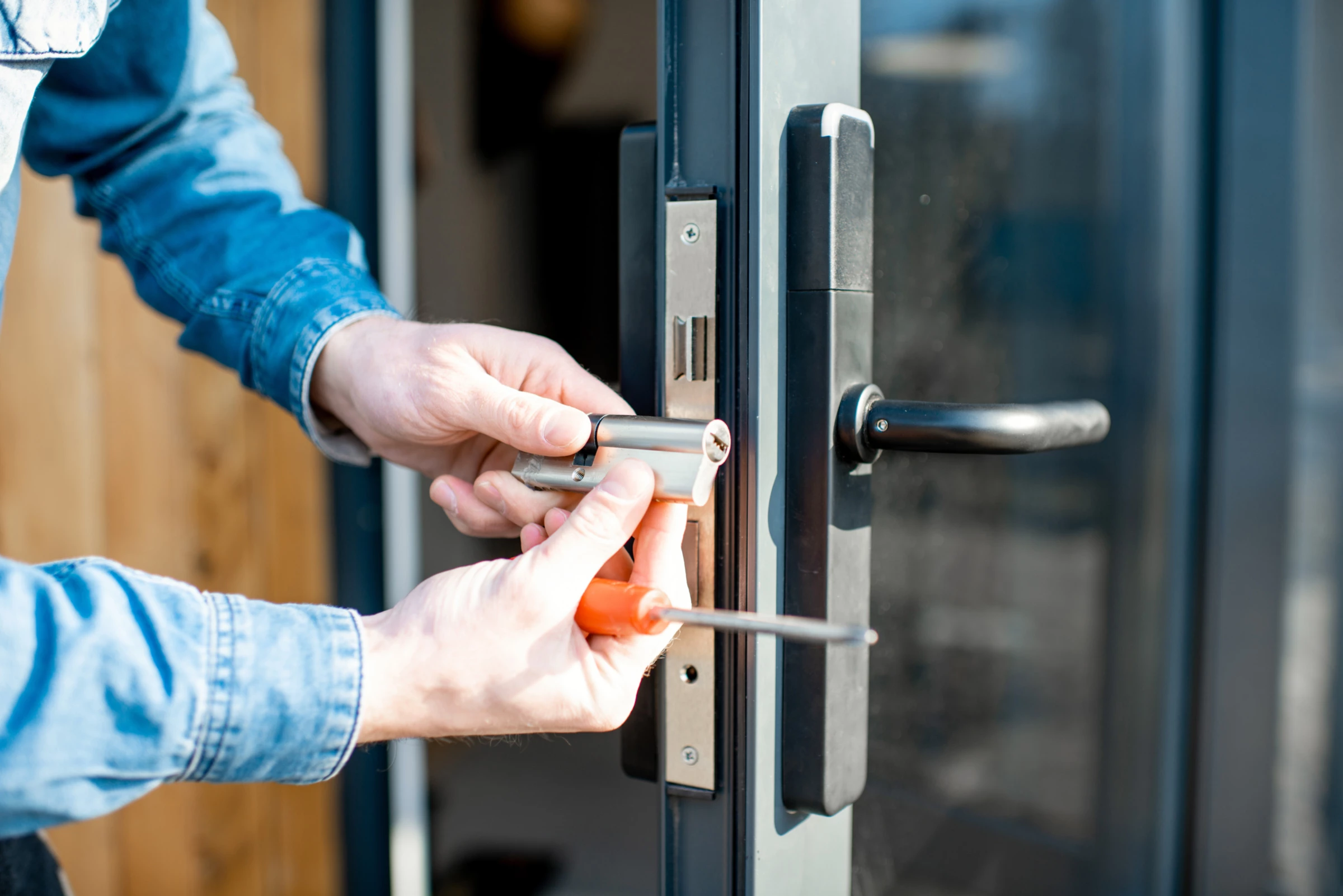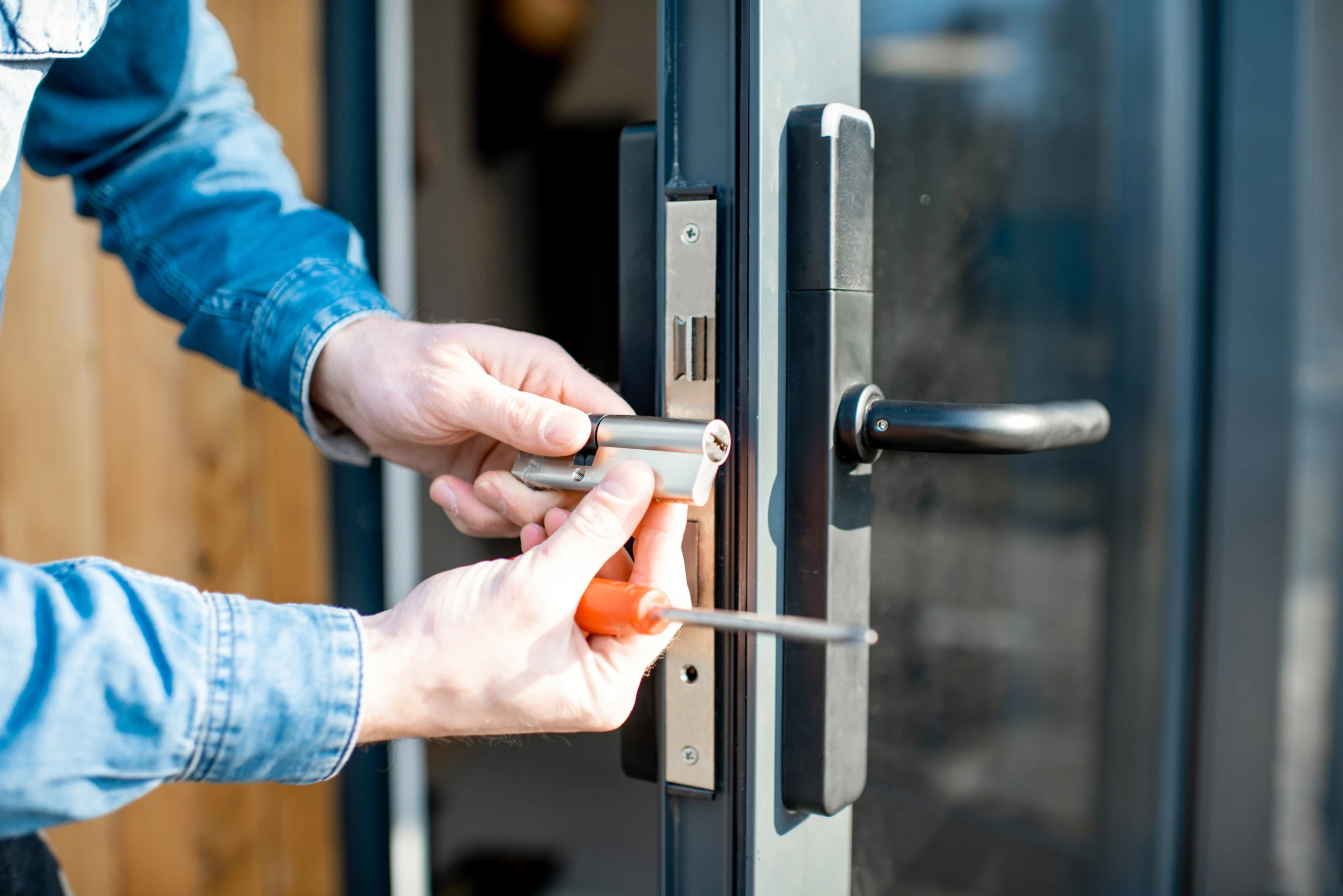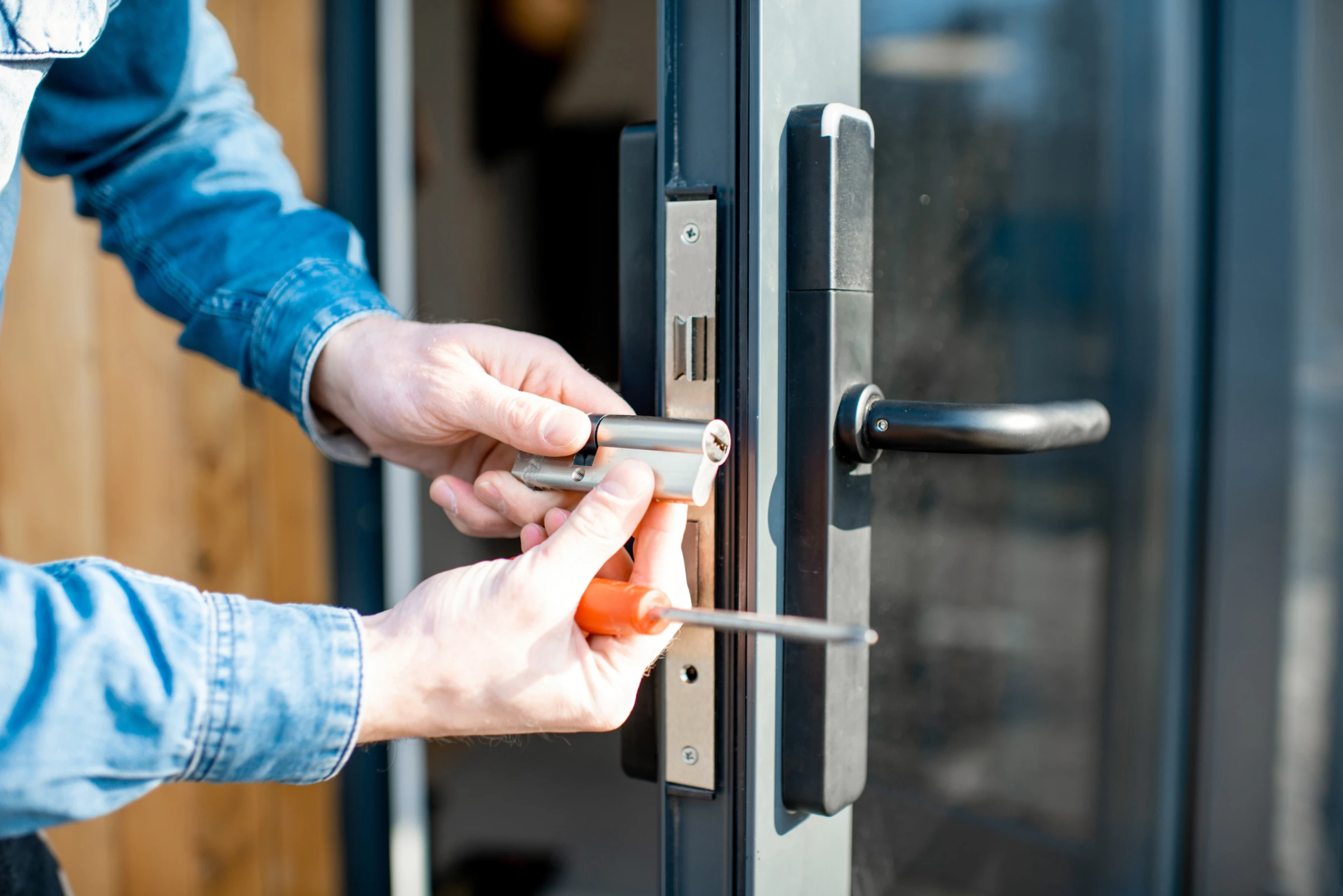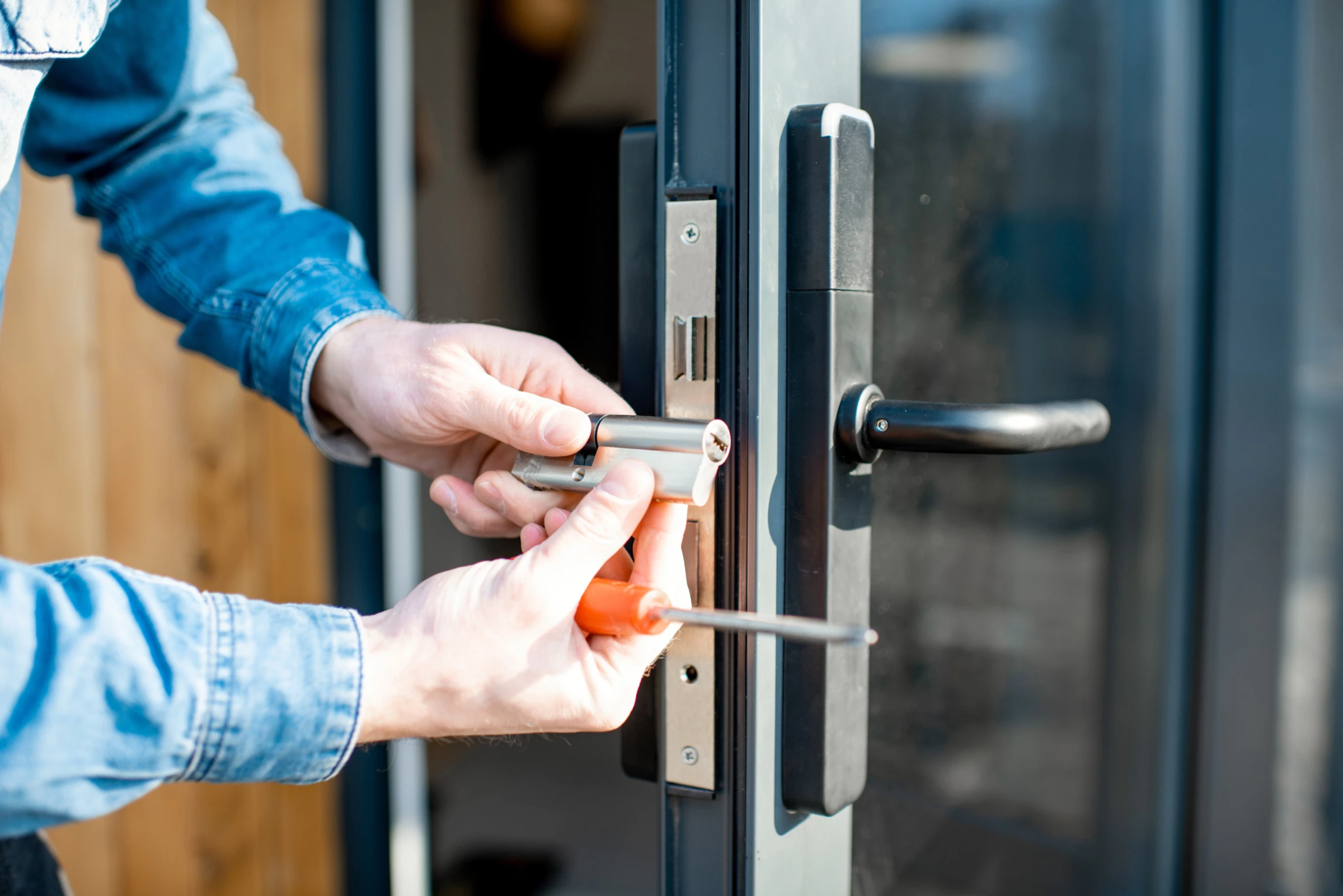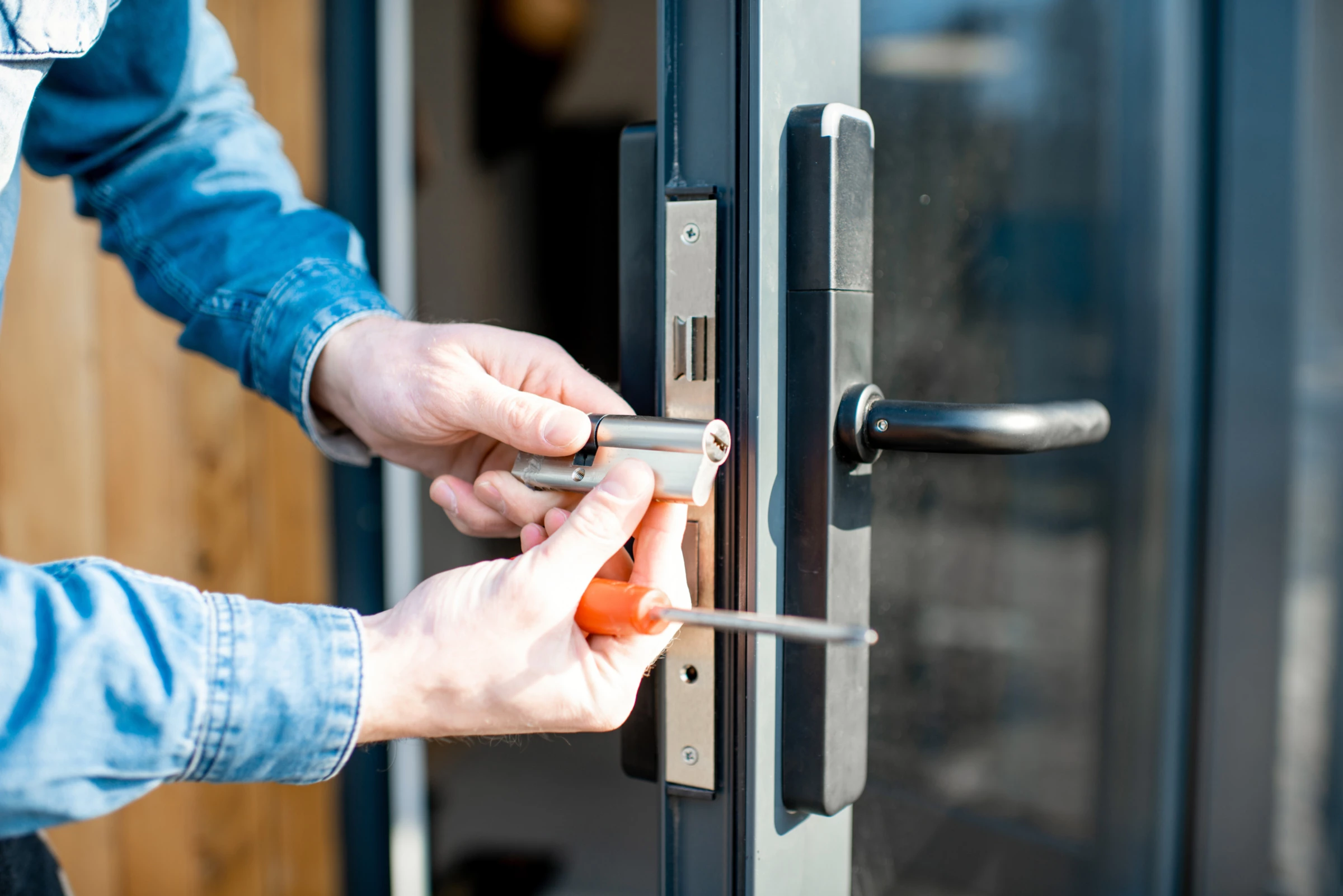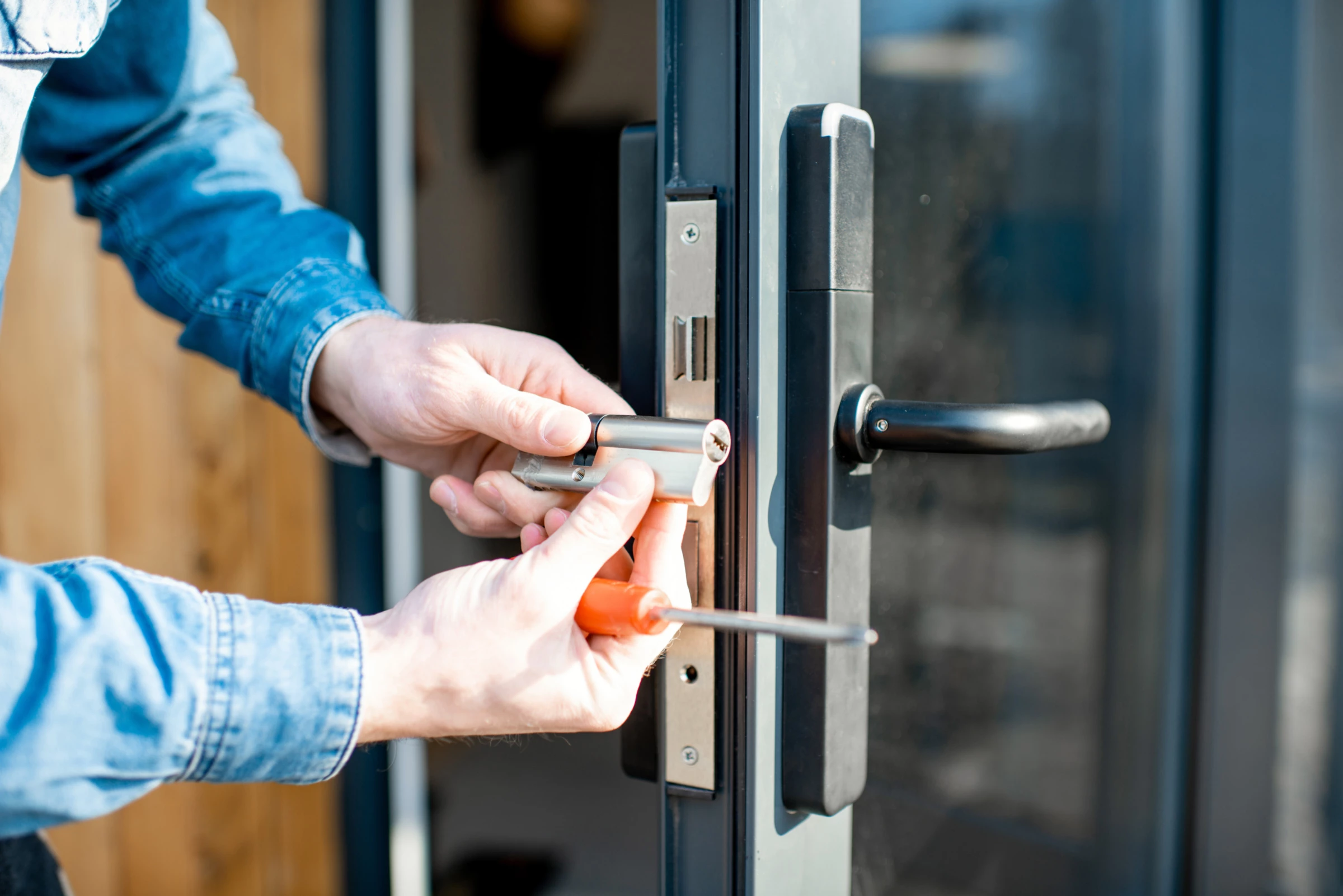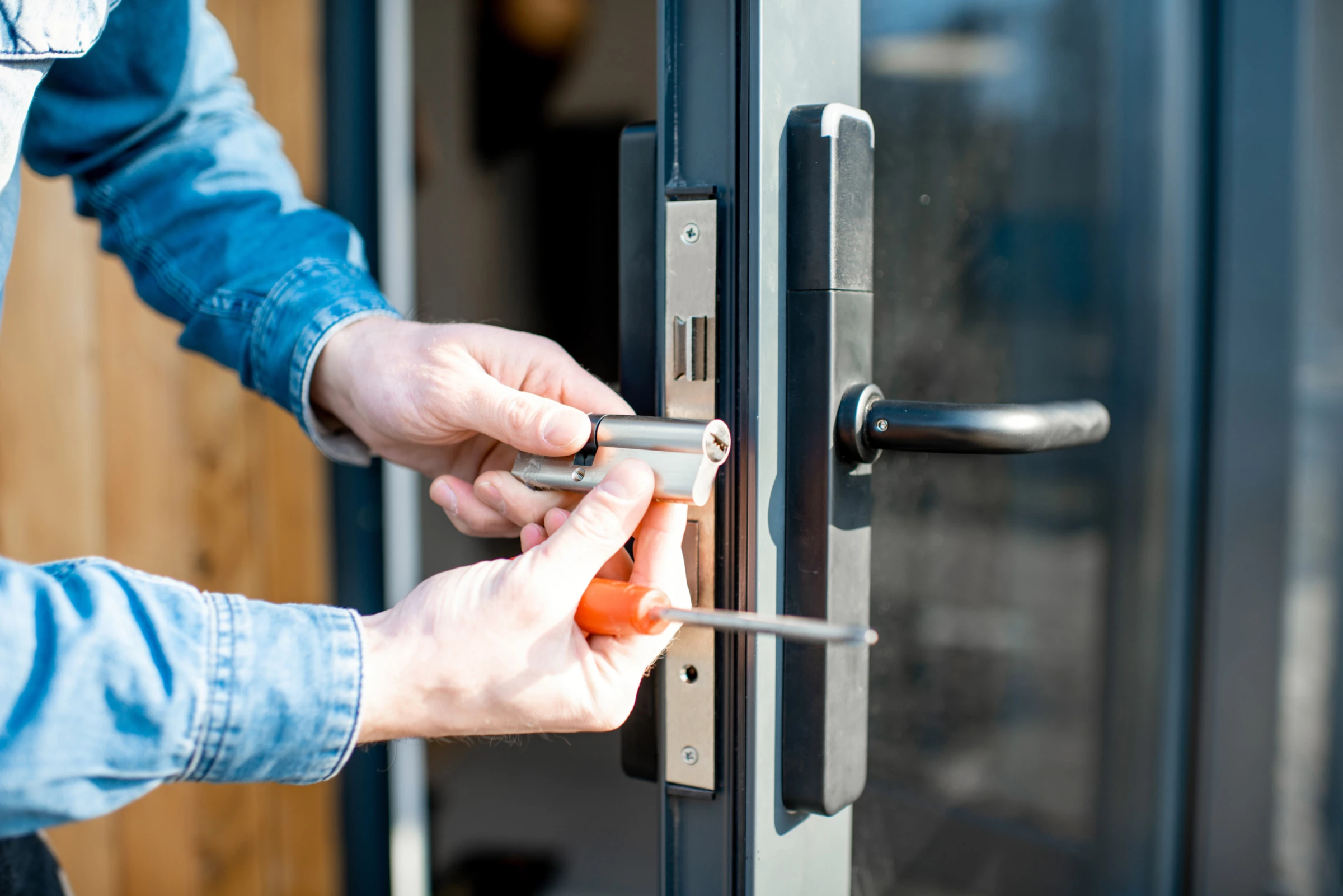When locksmith professionals take on institutional contracts - from government buildings and hospitals to schools and corre…
Smart Lock Locksmith Insurance: Essential Coverage for Digital Security Professionals
The locksmith industry is rapidly evolving with the integration of smart lock technology, creating new opportunities and unique risks for security professionals. Smart lock locksmiths require specialized insurance coverage that addresses both traditional locksmithing risks and the complex challenges of digital security systems.
Understanding Smart Lock Technology Risks
Smart lock installation and maintenance involves sophisticated electronic systems, wireless connectivity, and software integration. These advanced systems create exposure to cyber liability, technology errors, and professional negligence claims that traditional locksmith insurance may not adequately cover.
Professional locksmiths working with smart locks face risks including system malfunctions, connectivity failures, software glitches, and compatibility issues. When a smart lock fails to function properly, property owners may be locked out or experience security breaches, leading to potential liability claims against the installing locksmith.
Essential Coverage Components
Professional Indemnity Insurance
Professional Indemnity Insurance forms the foundation of smart lock locksmith protection. This coverage addresses claims arising from installation errors, programming mistakes, system configuration problems, and advice regarding smart lock security features. Given the technical complexity of smart lock systems, professional indemnity coverage should include technology errors and omissions protection.
Public Liability Insurance
Public Liability Insurance protects against third-party injury or property damage claims during smart lock installation or maintenance. This includes coverage for damage to door frames, electrical systems, or interior finishes during installation work.
Product Liability Coverage
Product Liability Coverage addresses claims related to defective smart lock components or systems that cause property damage or security failures. This protection is crucial when recommending specific smart lock brands or models to clients.
Cyber Liability Insurance
Cyber Liability Insurance has become essential for smart lock professionals. This coverage addresses data breaches, privacy violations, and cyber attacks that may occur through smart lock systems or the locksmith's own digital infrastructure.
Tools and Equipment Coverage
Tools and Equipment Coverage should include specialized smart lock programming tools, diagnostic equipment, and mobile technology used for system configuration and maintenance.
Business Interruption Insurance
Business Interruption Insurance protects against income loss when business operations are disrupted by covered events, including cyber attacks that affect the locksmith's ability to service smart lock systems.
Industry-Specific Considerations
Smart lock locksmiths often work with high-value commercial properties, residential developments, and security-conscious clients who demand reliable digital access control. Insurance coverage should reflect the increased liability exposure associated with these premium installations.
The integration of smart locks with home automation systems, security networks, and mobile applications creates additional complexity requiring comprehensive professional liability protection. Coverage should address system integration errors and compatibility issues between different technology platforms.
Residential vs Commercial Smart Lock Services
Residential smart lock installation typically involves individual homeowners seeking convenience and enhanced security. Coverage considerations include warranty obligations, system reliability expectations, and integration with existing home security systems.
Commercial smart lock services involve office buildings, retail establishments, and multi-tenant properties with complex access control requirements. These installations often require higher coverage limits due to increased liability exposure and business interruption potential.
Risk Management Best Practices
Maintaining current certifications from smart lock manufacturers demonstrates professional competency and may positively impact insurance premiums. Regular training on new smart lock technologies and security protocols helps reduce professional liability exposure.
Comprehensive documentation of installation procedures, system testing, and client communications provides essential protection in the event of liability claims. Digital records should be securely maintained and regularly backed up.
Clear service agreements outlining system limitations, maintenance requirements, and warranty terms help manage client expectations and reduce dispute potential.
Technology Integration Challenges
Smart lock systems often integrate with existing security infrastructure, creating potential compatibility issues. Insurance coverage should address claims arising from integration failures or system conflicts that affect overall security performance.
Wireless connectivity requirements and network security considerations add complexity to smart lock installations. Professional liability coverage should include protection for network configuration errors and security vulnerabilities.
Emergency Service Considerations
Smart lock malfunctions can create urgent access issues requiring immediate response. Insurance coverage should address the increased liability exposure associated with emergency service calls, including after-hours work and expedited repair requirements.
Battery failures, connectivity issues, and software glitches can leave property owners unable to access their premises. Professional liability coverage should protect against claims related to emergency lockout situations and temporary access solutions.
Choosing Appropriate Coverage Limits
Smart lock installations often involve higher-value properties and more sophisticated clients, requiring increased coverage limits compared to traditional locksmith services. Professional indemnity limits should reflect the potential cost of system replacement, business interruption, and consequential damages.
Cyber liability coverage limits should consider the potential exposure from data breaches affecting multiple smart lock installations or client information systems.
Regulatory Compliance
Smart lock installation may require electrical licensing or security system certifications depending on local regulations. Insurance coverage should verify compliance with applicable licensing requirements and provide protection for regulatory violations.
Data protection regulations may apply to smart lock systems that collect or transmit personal information. Cyber liability coverage should address regulatory fines and compliance costs related to privacy violations.
Claims Prevention Strategies
Thorough pre-installation assessments help identify potential compatibility issues and system requirements. Documenting existing conditions and discussing limitations with clients reduces misunderstanding and dispute potential.
Regular system maintenance and monitoring services provide ongoing value to clients while reducing the likelihood of system failures and associated liability claims.
Future Technology Considerations
The smart lock industry continues evolving with new features, connectivity options, and integration capabilities. Insurance coverage should adapt to address emerging risks associated with artificial intelligence, biometric authentication, and advanced security features.
Cloud-based management systems and remote monitoring capabilities create additional cyber liability exposure requiring appropriate coverage protection.
Conclusion
Smart lock locksmith insurance requires comprehensive coverage addressing both traditional locksmithing risks and the unique challenges of digital security technology. Professional locksmiths working with smart lock systems need specialized protection that reflects the increased complexity and liability exposure of modern security installations.
Proper insurance coverage, combined with professional expertise and risk management practices, enables smart lock locksmiths to confidently serve clients while protecting their business from the evolving risks of digital security technology.
Frequently Asked Questions
What makes smart lock locksmith insurance different from traditional locksmith coverage?
Smart lock locksmith insurance includes specialized coverage for cyber liability, technology errors, and professional negligence related to digital security systems, which traditional locksmith policies may not adequately address.
Do I need cyber liability insurance for smart lock installation work?
Yes, cyber liability insurance is essential for smart lock professionals due to the digital nature of these systems and potential exposure to data breaches, privacy violations, and cyber attacks.
What coverage limits should I consider for smart lock locksmith insurance?
Coverage limits should reflect the higher value of smart lock installations and increased liability exposure. Professional indemnity limits should consider system replacement costs, business interruption, and consequential damages.
Does smart lock locksmith insurance cover system integration failures?
Professional liability coverage should include protection for system integration errors and compatibility issues between different technology platforms, but specific coverage should be verified with your insurer.
Are emergency smart lock services covered under standard policies?
Emergency service coverage should address increased liability exposure from after-hours work and expedited repairs, but coverage terms may vary between insurers and should be specifically reviewed.
What documentation is important for smart lock locksmith insurance claims?
Comprehensive documentation of installation procedures, system testing, client communications, and service agreements provides essential protection in the event of liability claims.
Do I need additional licensing for smart lock installation work?
Smart lock installation may require electrical licensing or security system certifications depending on local regulations. Insurance coverage should verify compliance with applicable licensing requirements.
How does manufacturer certification affect insurance premiums?
Maintaining current certifications from smart lock manufacturers demonstrates professional competency and may positively impact insurance premiums while reducing professional liability exposure.
What risks are unique to commercial smart lock installations?
Commercial installations involve complex access control requirements, higher liability exposure, and greater business interruption potential, often requiring increased coverage limits.
Does smart lock insurance cover battery failure and connectivity issues?
Professional liability coverage should protect against claims related to system malfunctions including battery failures and connectivity issues that prevent property access, but specific terms should be verified.


 0330 127 2333
0330 127 2333
